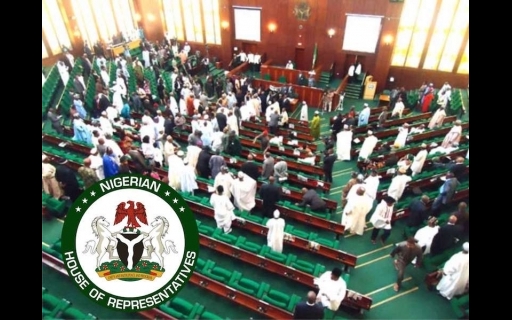As part of efforts to accelerate Nigeria’s transition to cleaner, cheaper fuels and ease pressure on petrol consumption, the Federal Government on Sunday announced plans to set up 500 Compressed Natural Gas refuelling stations across the country within three years.
The Executive Director of the Midstream and Downstream Gas Infrastructure Fund MDGIF, Oluwole Adama, who made this disclosure through a statement released on Sunday, said this follows the conclusion of discussions between the Mdgif and Chinese equipment manufacturer, Endurance Group, on the rollout of large-scale CNG infrastructure.
“The Midstream and Downstream Gas Infrastructure Fund concludes discussion with leading Chinese Manufacturer Endurance Group to make available 500 CNG refuelling stations across Nigeria for the next 3 years,” Adama said in the statement.
According to Adama, the talks resulted in an agreement to create a government-backed Special Purpose Vehicle, promoted by the MDGIF, Bank of Industry, Endurance Group and Séquor Investment Partners, to drive the project.
MDIG executive director said the SPV, to be known as source Compressed Natural Gas Auto Mobility Infrastructure Company, will “deploy 500 integrated CNG refuelling stations; develop LCNG gas supply infrastructure; and provide CNG and LNG transportation trucks with truck-mounted cascades, forming a virtual pipeline across all states nationwide.
“The collaboration underscores the parties’ commitment to accelerating Nigeria’s transition to cleaner fuels by addressing infrastructure gaps across the country’s CNG value chain.
“Under this agreement, we will set up the Compressed Natural Gas Auto Mobility Infrastructure Company, which will be used to deploy 500 integrated CNG refuelling stations, develop LCNG gas supply infrastructure, and provide CNG and LNG transportation trucks with truck-mounted cascades, forming a virtual pipeline across all states nationwide.”
Adama explained that the initiative would help eliminate the long queues currently witnessed at existing CNG stations by expanding access to refuelling points and improving logistics to ensure uninterrupted supply.
The move comes as the current administration intensifies its shift toward gas as a more affordable alternative to petrol and diesel, following the removal of fuel subsidy and the liberalisation of the downstream market.
Government officials have repeatedly argued that auto-CNG adoption is critical to stabilising transportation costs, improving energy security and reducing pressure on foreign exchange used for fuel imports.
Nigeria, with over 200 trillion cubic feet of proven gas reserves, has struggled for years to build adequate midstream infrastructure, leaving large parts of the country underserved.
The CNG rollout is one of the flagship components of the Presidential Compressed Natural Gas Initiative launched in 2023 to reduce reliance on Premium Motor Spirit and Automotive Gas Oil.










